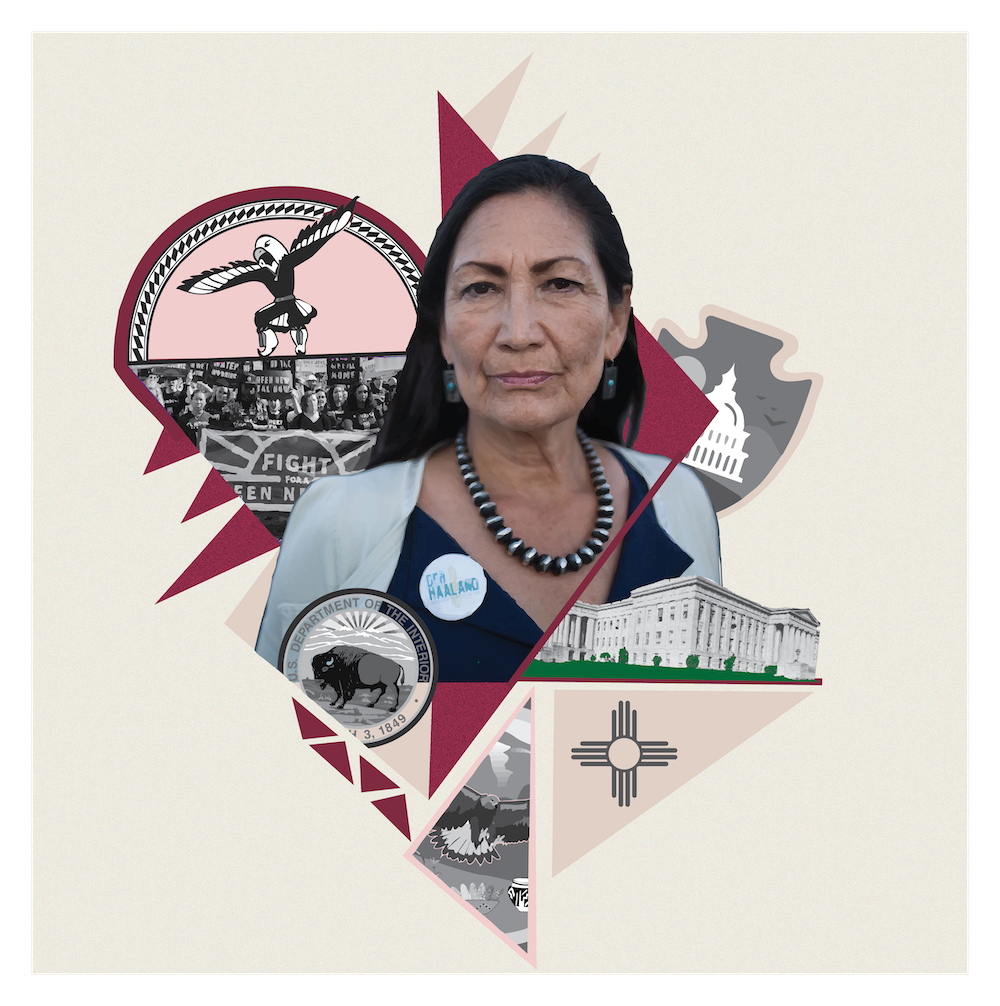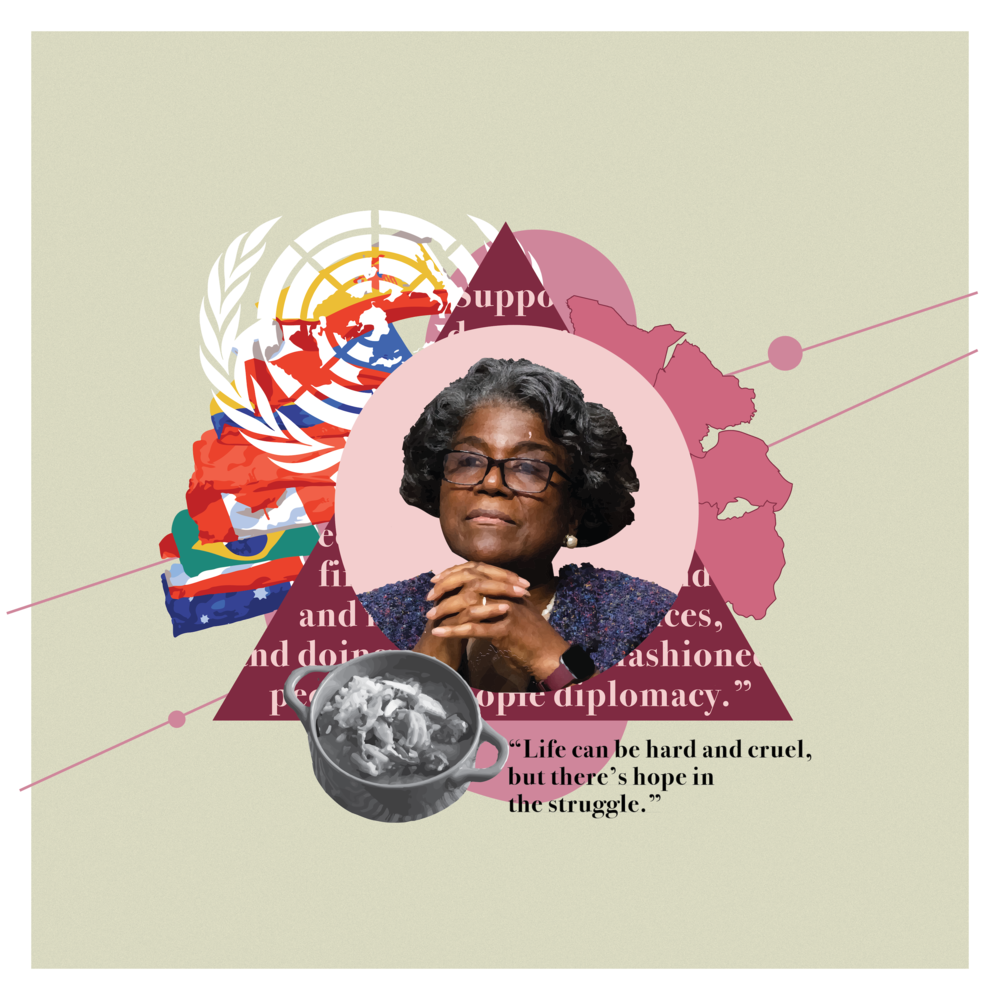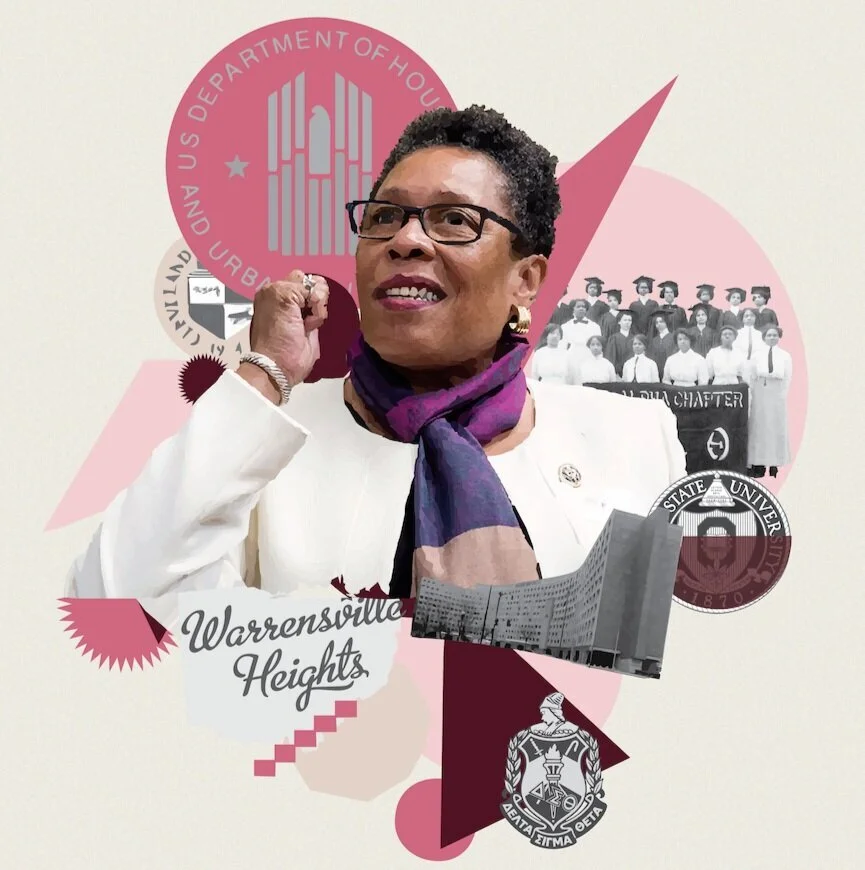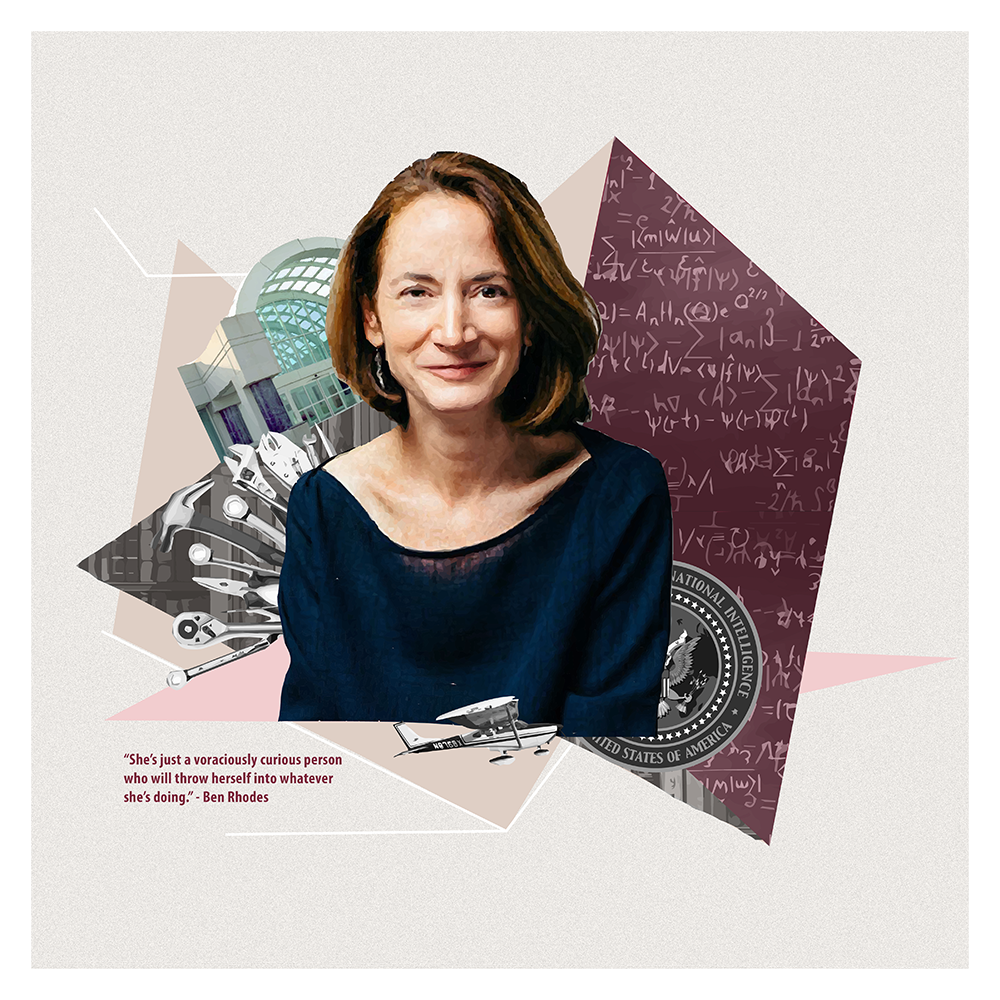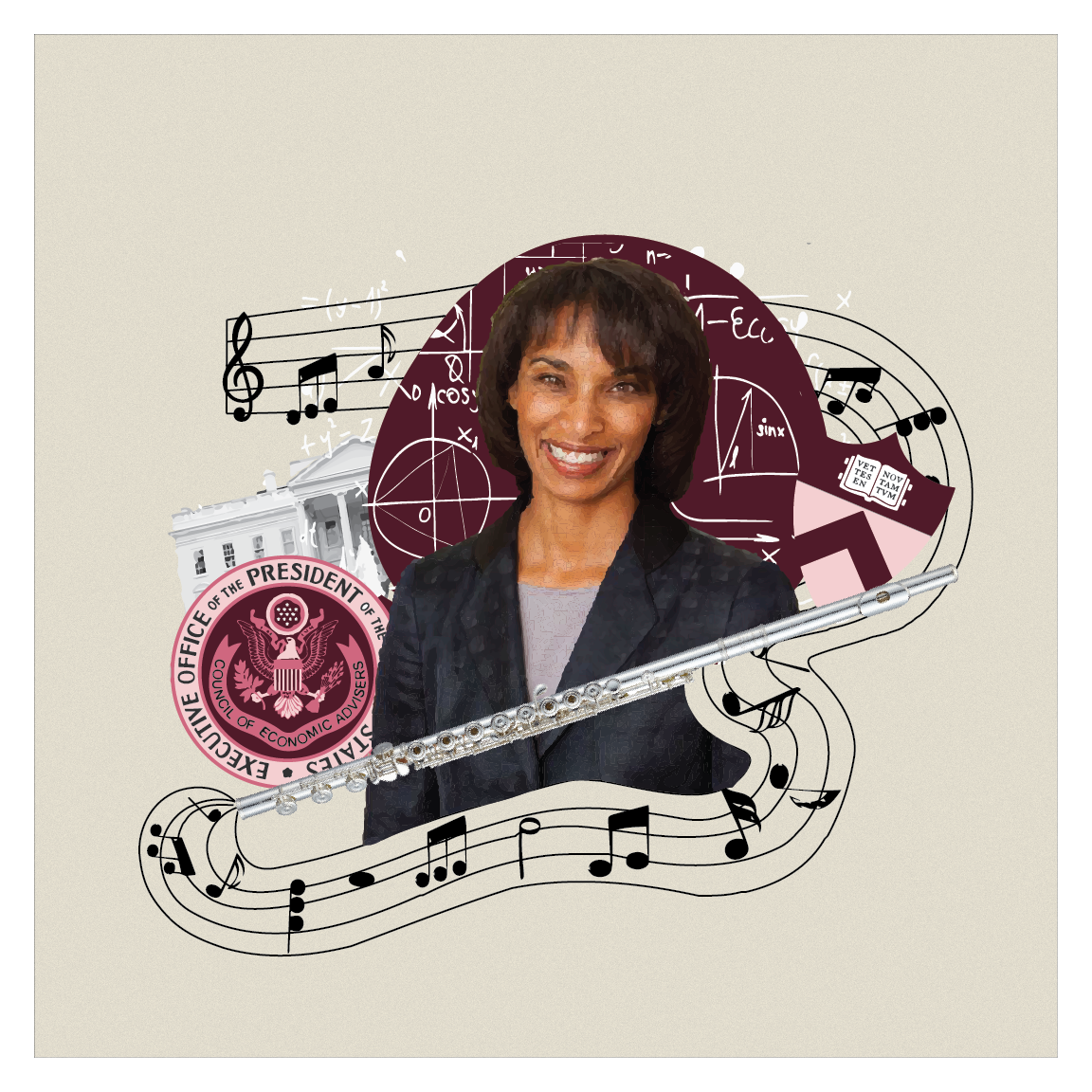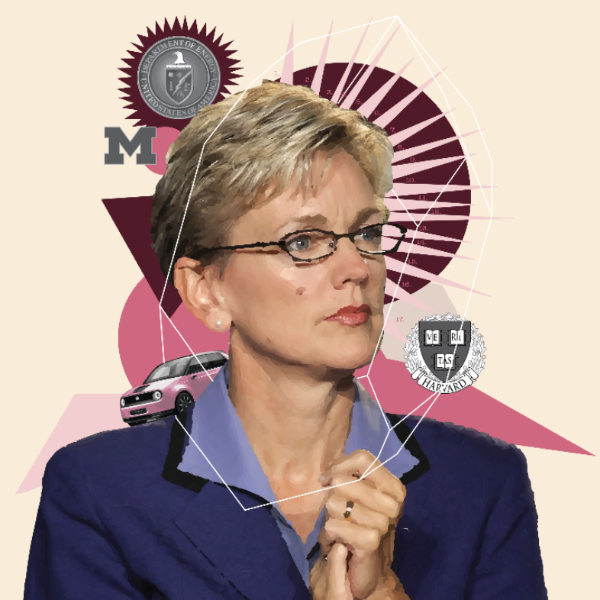Audacious
adjective | a willingness to take surprisingly BOLD risks
The Audacious Project
noun | a transformative new model for funding catalytic change
The idea for The Audacious Project sprang from the entrepreneurial and risk-taking minds of Jeff Skoll and Chris Anderson. They believed that the good work of innovators and entrepreneurs that the Skoll Foundation was funding and the ideas being presented in TED talks could be scaled if a big infusion of funding could be directed at the right time to the right people and organizations — those ready to make big changes.
Jeff and Chris invited their friend Richard Branson and others to join them. In 2015, the first group of social entrepreneurs brought their biggest dreams…their most audacious ideas…to a group of philanthropists with the capacity to give them lift-off. That year, The Audacious Project raised just over $100 million from this new cohort of funders.
The process for applying and funding was tweaked over the next few years and publicly launched as a Skoll/TED initiative at the 2018 TED conference. Since then, The Audacious Project has awarded funding to a select group of "proven changemakers," totaling $4.2 billion over five cycles. And in 2023, they reached the milestone mark of $1 billion catalyzed for social change in a single year.
The 2023 grantees include 10 changemakers working on widely diverse issues from helping girls in sub-Saharan Africa thrive to next-generation solutions for preserving ancient forests to engineering microbiomes with CRISPR to improve our climate and health. All of the work is important and inspiring.
I want to focus on three of these changemakers in this week's newsletter…
Canopy
Fast fashion has many downsides, including waste, pollution in the production process, and workers who often earn low wages in unsafe conditions. But what you might not know is that fast fashion also plays a role in deforestation, because many of the textiles used to make clothing start out as wood pulp.
Stopping deforestation is one of the most important actions we must take to stay below the Paris Agreement target of 1.5 degrees Celsius warming. Forests are the most biodiverse places on the planet and enormous carbon storage vaults. When trees are cut down, much of the carbon they hold gets released back into the atmosphere, exacerbating climate change.
This big idea takes into account that the market is the problem, but it's also the solution. Twenty years ago, the nonprofit Canopy began working to help protect the world’s critical forests, by changing the purchasing of the world’s biggest paper customers. "By lowering the demand for wood pulp, the team at Canopy will protect the world’s ancient forests, while also fighting the climate and biodiversity crises." Alternative man-made materials already exist and are competitive in price and performance, without the environmental impact.
Canopy has commitments from "more than 500 brands — including Amazon, Target, Walmart and H&M… to stop using viscose sourced from Ancient and Endangered Forests." With its Audacious Project funding, Canopy plans to "bring 40 million tons of annual Next Gen pulp production online, using a range of strategies, by 2029." They are working on a similar program to transform the massive packaging sector.
“Through all these efforts, Canopy will change an entrenched industry — and avoid an astonishing 160 million metric tons in carbon emissions.”
World Resources Institute’s Restore Local Rwanda and Kenya projects which resulted in 60,000 trees planted in Rwanda and 20,000 trees planted in Kenya!
Restore Local
Restore Local is an initiative led by Wanjira Mathai, the daughter of the Nobel Peace Prize-winning activist Wangari Maathai — the first African woman to win the prize in 2004. Wanjira, who was just named one of TIME's 100 most influential people of the year, is the managing director at the World Resources Institute and chief Africa adviser to the Bezos Earth Fund. Wanjira is also a member of Connected Women Leaders, a cohort that I co-founded with Ronda Carnegie and Hafsat Abiola, that connects a diverse group of women leaders across generations and geography to work together to shape just, equitable and sustainable solutions to the world's biggest problems.
With Wanjira Mathai at TED 2023.
According to the World Resources Institute (WRI), nearly 3 million hectares of forests are lost in Africa every year. "65% of land in Africa is affected by degradation, and 3% of GDP is lost annually from soil and nutrient depletion on cropland." The result is lost livelihoods for smallholder farmers, who depend on the land to survive, and further damage to the climate.
This big idea aims to restore 100 million hectares of degraded land across Africa by 2030. It's a huge, ambitious goal, but it is attainable. One of the key elements of the plan is to support local Restoration Champions. According to WRI, "locally-led restoration projects are 6-20x more likely to achieve long-term success and bring environmental and economic benefits to their communities. Over four years, Restore Local will help bring forests, rivers and fertile farming soils back to health by delivering the support necessary to the local organizations already working with smallholder farmers on this problem."
CAMFED
Girls deserve an education and all of the societal benefits that come with it, including economic independence, health equity, and according to The Audacious Project, even the ability to combat climate change. But in rural sub-Saharan Africa, many girls don't stay in school through their adolescence. This is for a variety of reasons, among them poverty, the low self esteem that poverty often engenders, and the idea that marriage and motherhood are more important pursuits for young women.
This big idea is based on a proven model from CAMFED, an organization that has supported 1.6 million marginalized girls through secondary school since its founding in 1993. The funding will supercharge CAMFED's efforts and aims to support and graduate 5 million girls in secondary school across Tanzania, Zambia, Zimbabwe, Ghana, Malawi and one additional country, by 2030. They will also "partner with governments to orient national school systems to adopt the model, accelerating the impact to many millions more."
“This work is fueling an ever-growing fly-wheel of action for girls’ education, as women leaders support younger girls and engage with communities to tackle obstacles to their success.”
These are just three of the 10 incredible initiatives funded by The Audacious Project this year! I encourage you to learn more about all of the grantees and this unique model of collective funding at The Audacious Project website.
A bold idea birthed by risk-taking entrepreneurs who have, themselves, dreamed big and made big impacts on the world, The Audacious Project is making it possible for many others to take more risks and create needed changes in the world.
A big audacious thank you to Jeff Skoll and Chris Anderson and congratulations to this year’s audacious changemaking leaders!
Onward!
- Pat





